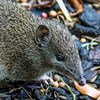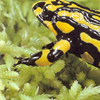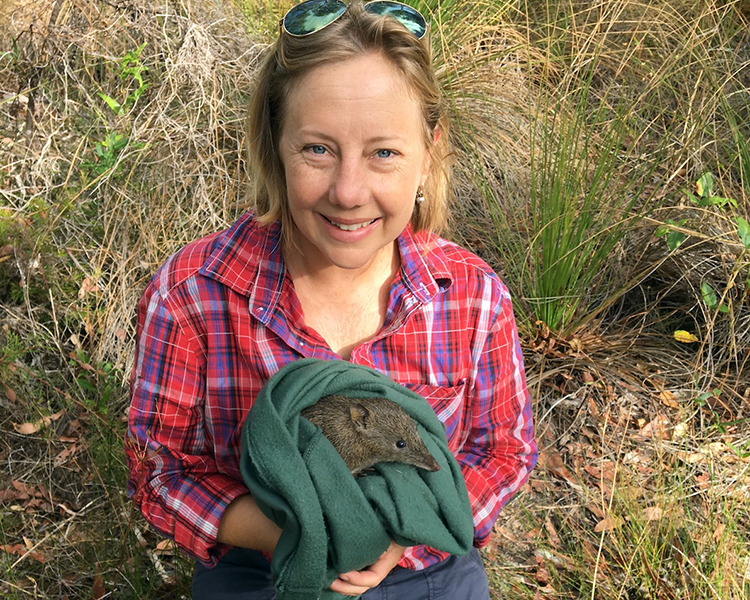
Sustaining life
Monday, 02 October 2017A love for Australia’s wildlife lies at the core of our nation’s identity. It sustains our wellbeing. That is something that Dr Leonie Valentine can personally attest to as her passion for wildlife has helped her through good times and bad. Here she explains how.
I’ve wanted to be a zoologist since I was 4. It began with a field trip in the rainforests of Queensland’s Wet Tropics, an expedition led by the renowned zoologist George Heinsohn. The story goes (for truth be said I can’t remember much of this, it’s a story my father recounts) that I followed George around, watching him capture and identify all sorts of animals. I informed my parents that this is what I wanted to do when I grew up.
Top Image: Leonie with a quenda (also known as a southern brown bandicoot). Once common throughout many parts of coastal Australia, the quenda now only persists in isolated pockets in some urban and peri-urban reserves, where Leonie’s research is investigating their role in ecosystem restoration. These prodigious diggers are believed to play an important ecosystems engineering role by cycling nutrients and distributing seed and fungus. Photo: Mason Crane
-
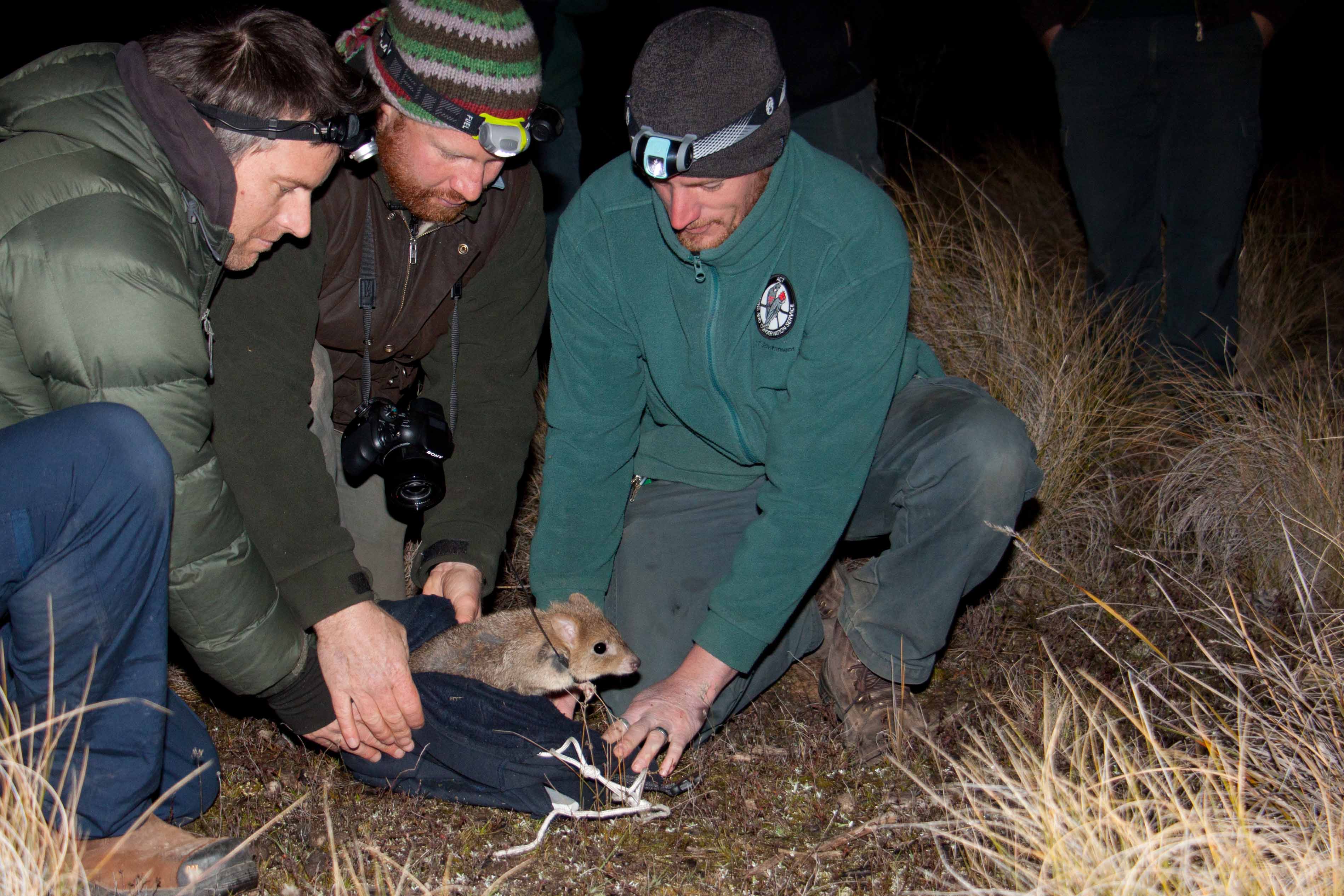
A bettong in the bush is worth…
Monday, 13 March 2017 -
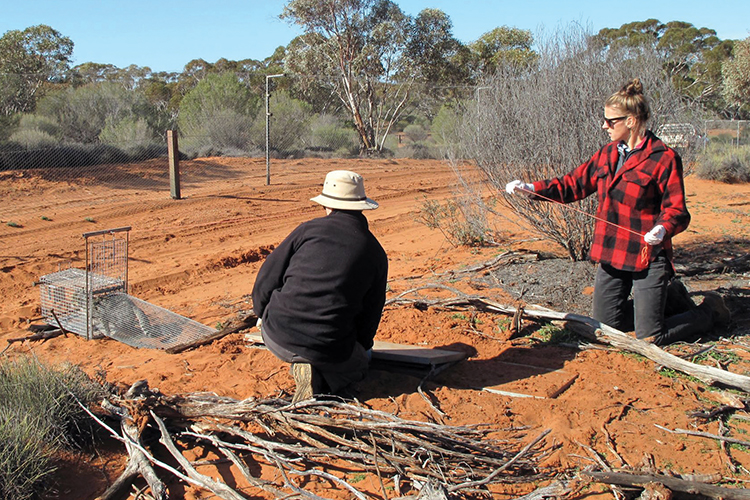
Effective conservation of Australian mammals threatened by cats
Monday, 16 March 2020 -
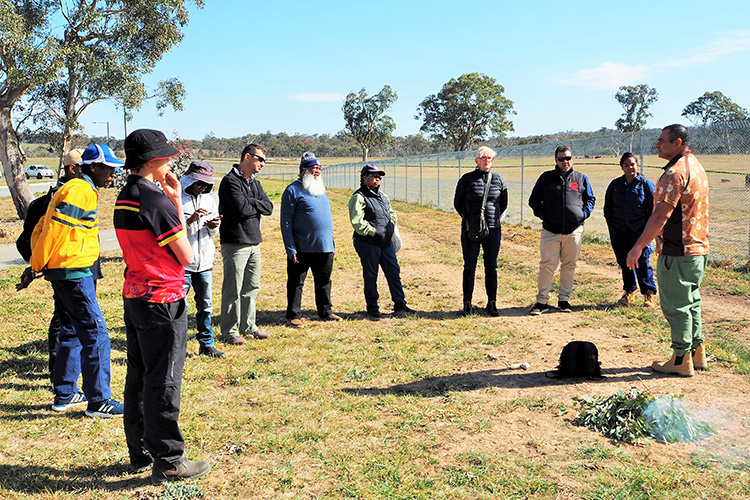
Exploring a haven for Yawuru Country
Tuesday, 26 November 2019 -
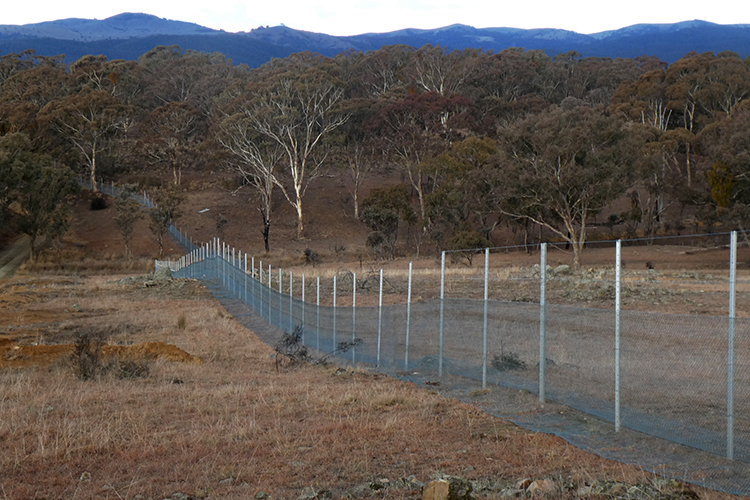
Getting strategic with havens
Thursday, 08 November 2018 -
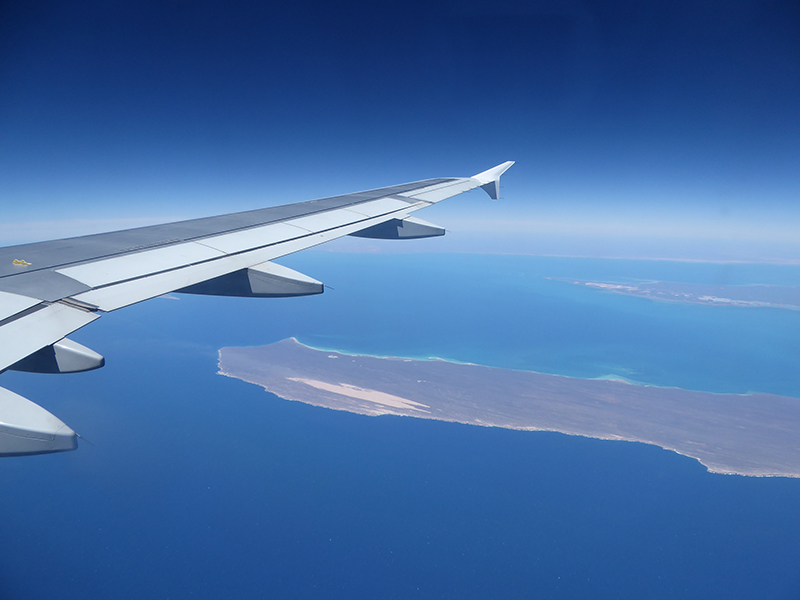
Mammals on ‘arks’
Saturday, 21 October 2017 -
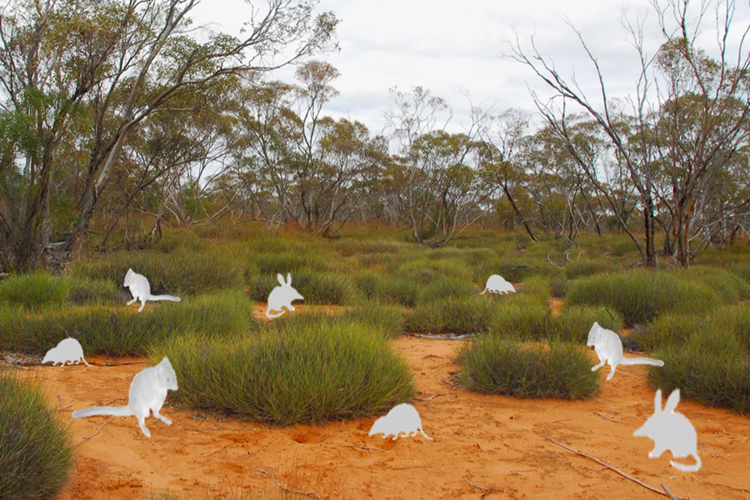
The ghosts of digging mammals past
Tuesday, 12 March 2019 -
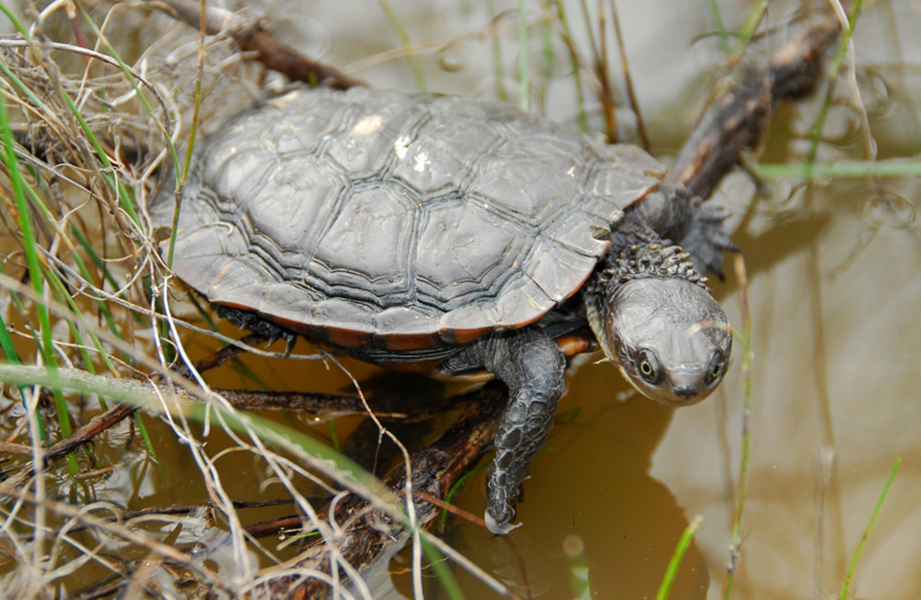
The turtle, the fox & the bandicoot - One problem solved another created
Tuesday, 13 February 2018 -
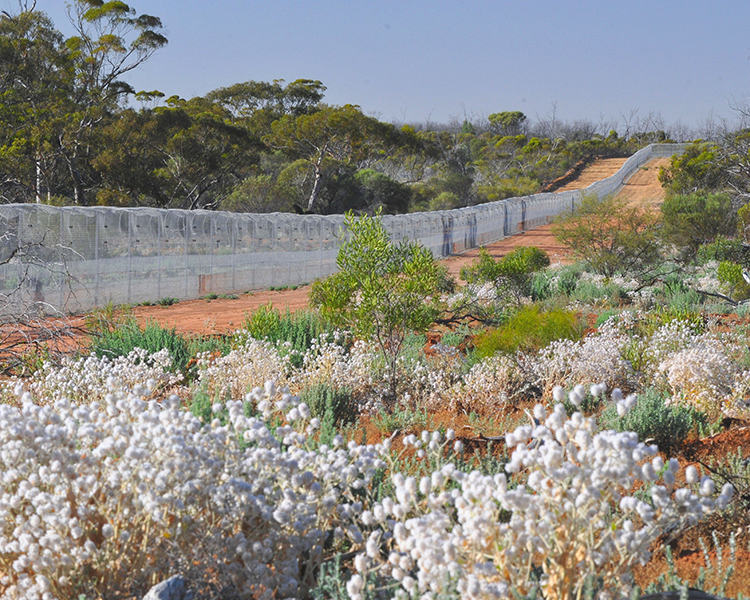
Western sanctuary, learning from translocations
Monday, 02 October 2017 -
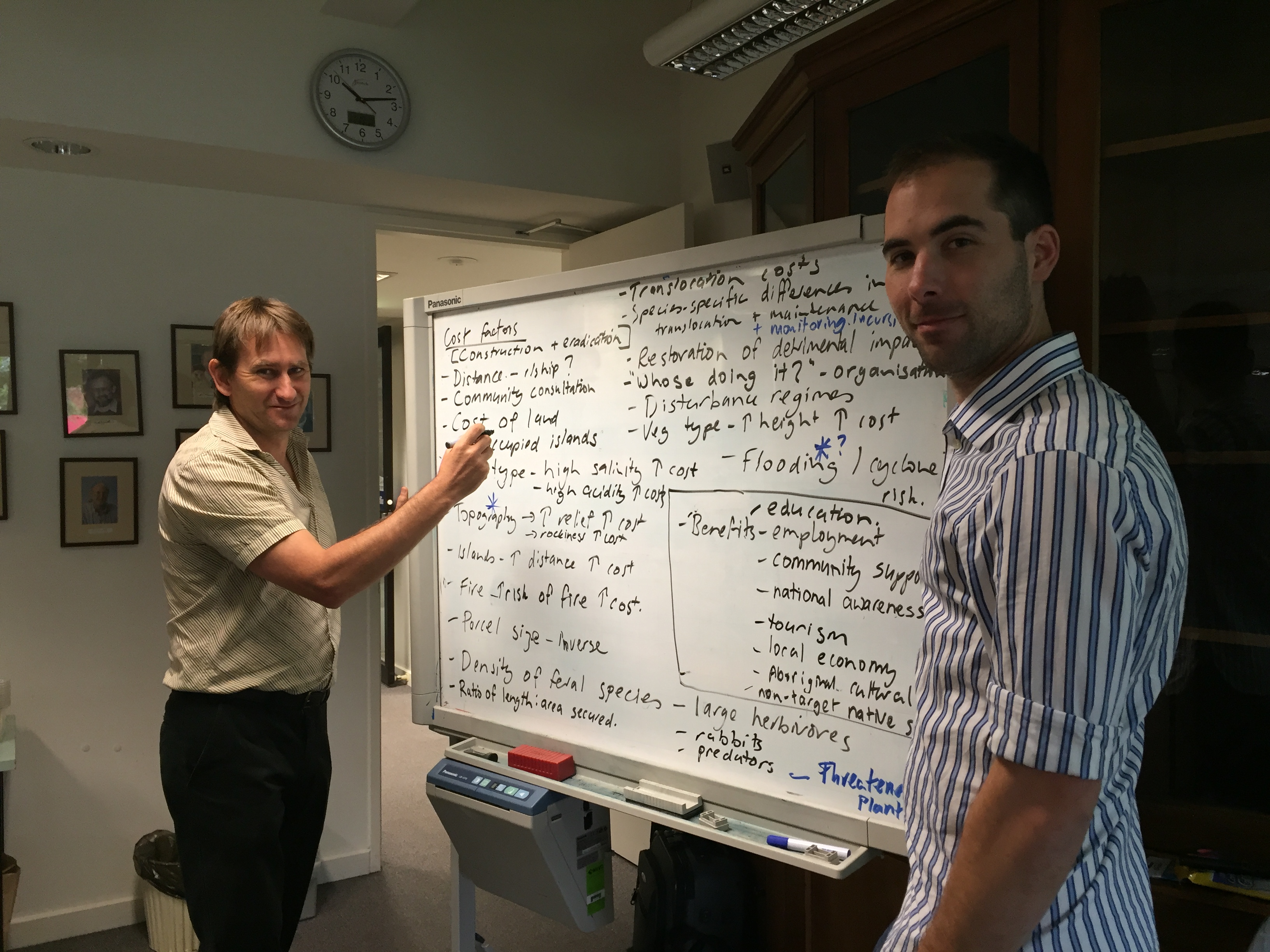
Framework for national safe haven network
Monday, 28 March 2016 -

Species on the move conference
Monday, 28 March 2016 -
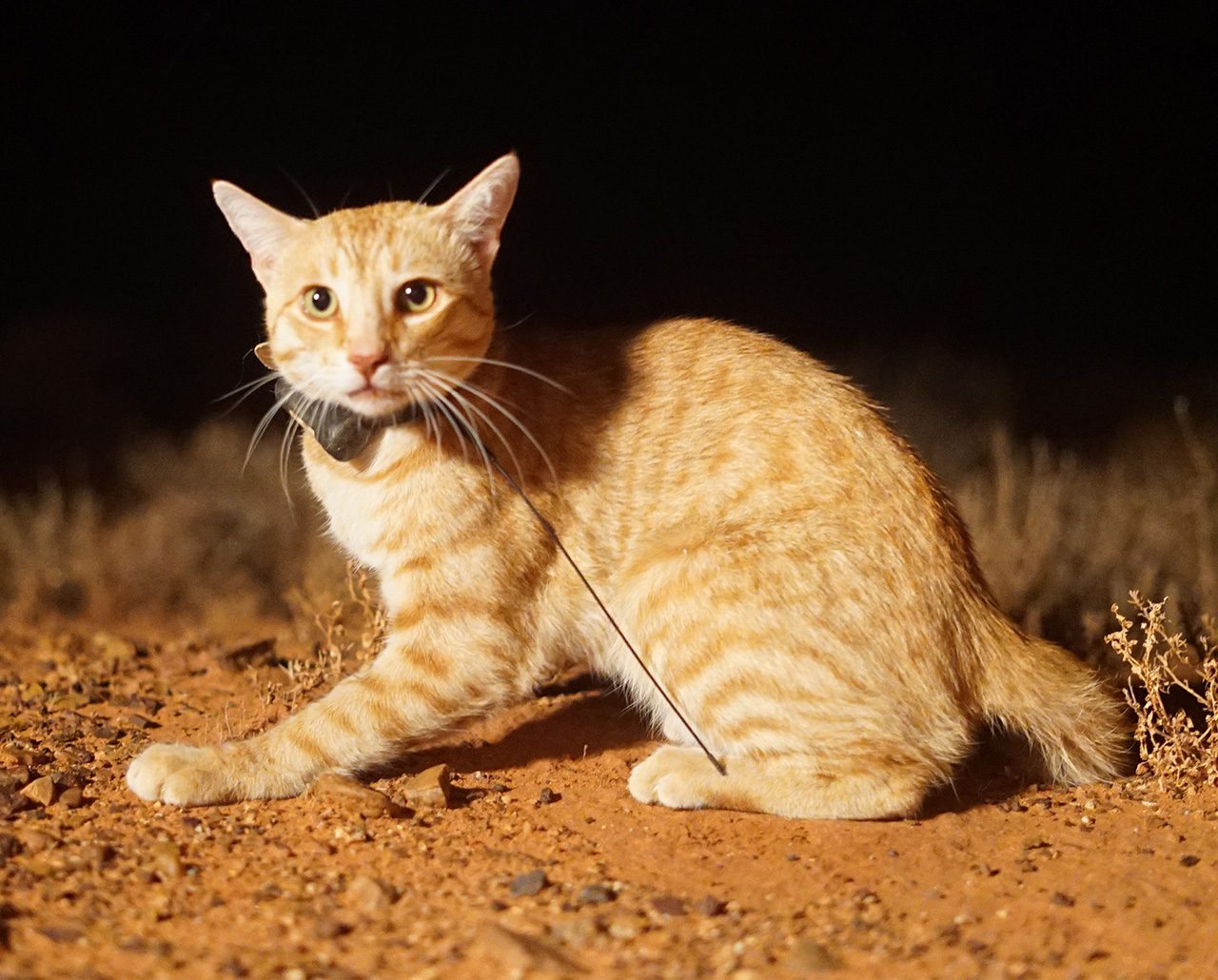
Cat science finalist for Eureka Prize
Monday, 28 September 2020
